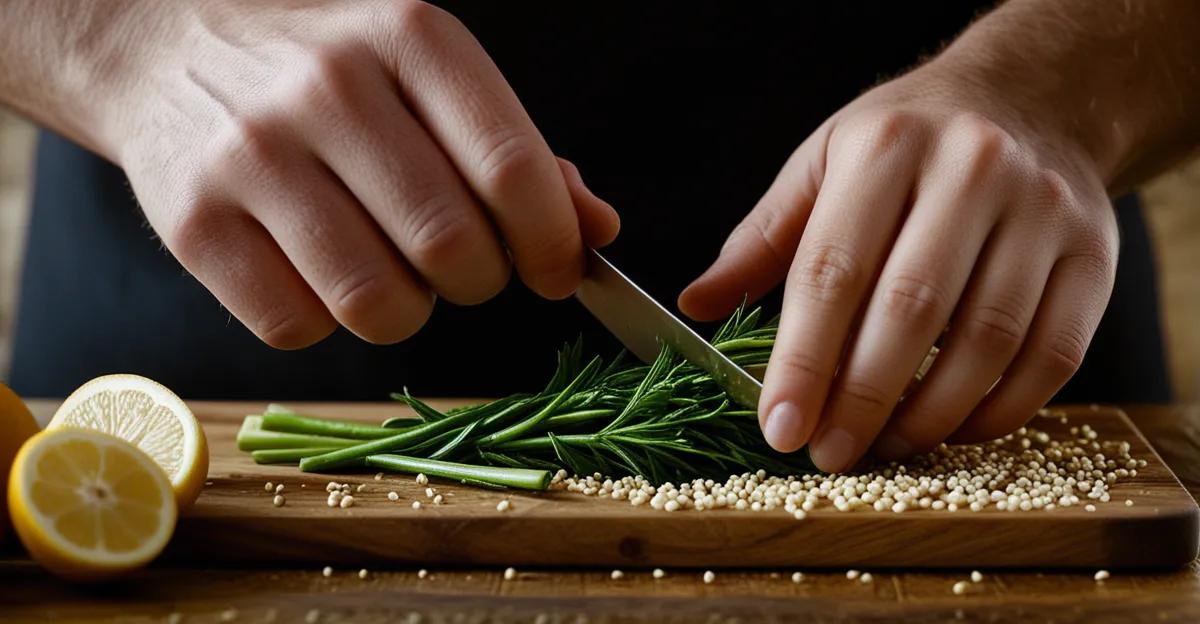Balancing Innovation and Tradition in UK Cuisine
Striking the right balance between innovation and tradition in UK cuisine requires a nuanced approach. Chefs often update classic British dishes by introducing novel ingredients or techniques while preserving the essence and flavors that define these recipes. This sensitive reinvention honors culinary heritage without erasing its identity.
The evolution of UK cuisine is deeply tied to regional and cultural roots. For example, dishes from coastal areas reflect the availability of fresh seafood, while rural recipes emphasize local farm produce. Recognizing and preserving these distinctions is essential in maintaining the authenticity of British food as it evolves.
Also to discover : What Are the Benefits of Traditional British Recipes for Modern Cooking?
However, challenges arise when innovation threatens to overshadow tradition, risking alienation of those who cherish familiar tastes. Conversely, there is great opportunity in merging old and new, enhancing dishes with global influences or contemporary culinary methods. This evolution encourages chefs to craft British food that respects its history yet appeals to modern palates.
Ultimately, balancing tradition with modern British food innovations enriches the culinary landscape, ensuring UK cuisine continues to be both culturally significant and excitingly relevant.
In the same genre : How can you create a traditional shepherd’s pie with a modern twist?
Notable Chefs and Culinary Movements Shaping Modern UK Cuisine
Contemporary British chefs play a pivotal role in the UK cuisine evolution by blending culinary innovation with respect for tradition. Chefs like those leading London’s dining scene often revitalize classic dishes using modern techniques such as sous-vide cooking or fermentation. These methods preserve original flavors while enhancing texture and complexity, demonstrating how modern British food can innovate without losing heritage.
Restaurant concepts focused on honoring UK food history emphasize local and seasonal ingredients, embodying both cultural identity and sustainability values. Such establishments celebrate culinary roots by reinterpreting staple dishes—for example, transforming shepherd’s pie with creative fillings or deconstructed presentation styles. This approach appeals to diners seeking authenticity paired with novelty.
Global influences expand creative horizons in British kitchens, encouraging chefs to integrate spices, cooking styles, or plating inspired by diverse traditions while maintaining the essence of British recipes. The challenge lies in balancing these additions without diluting the character that defines UK cuisine. Culinary movements also highlight the importance of reducing food waste and sourcing responsibly, aligning innovation with ethical practices that reflect evolving consumer expectations.







